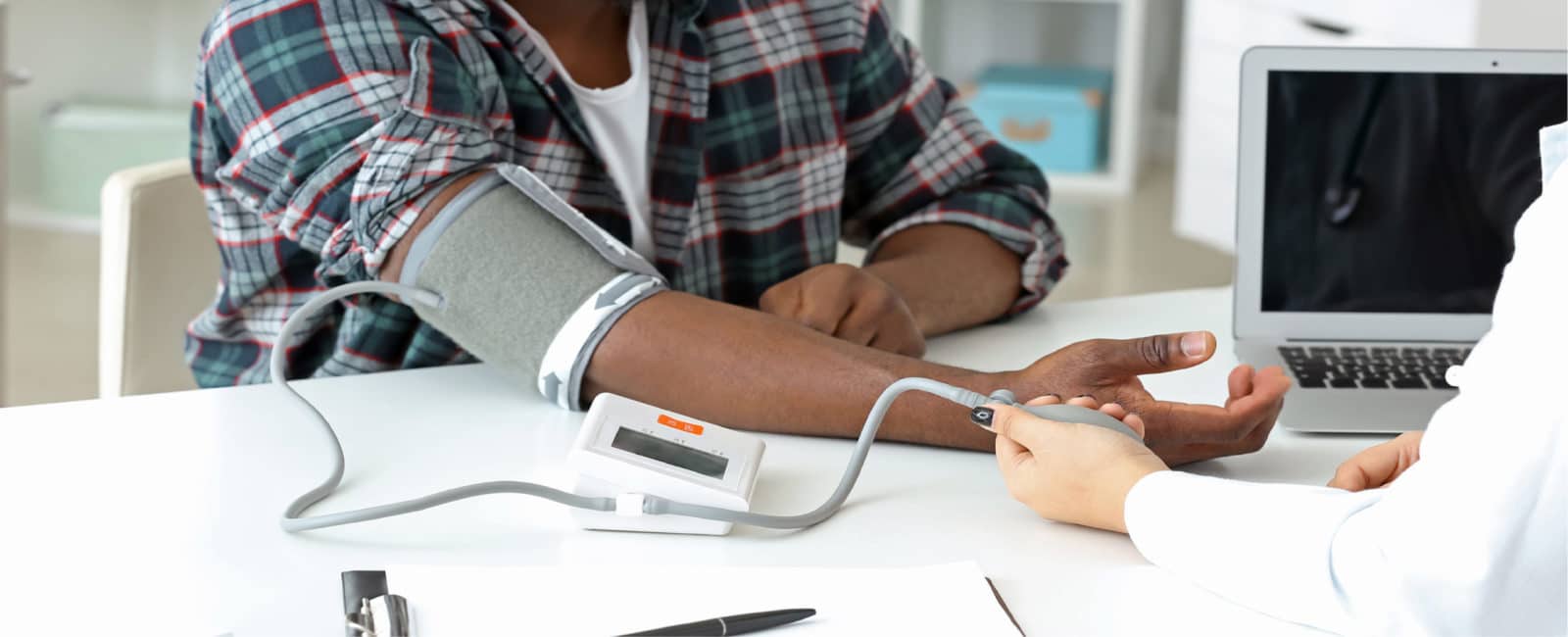Don’t Delay Preventive Care
Posted in: Employee Benefits
Delaying preventive care could be the difference between life and death. The risks of putting off preventative care are great. Without routine check-ups and screenings, small health issues may go undetected and become life-threatening issues if left untreated. Unmonitored chronic conditions may become worse and cause complications that may be impossible to reverse.
In the past two years due to COVID-19, many activities were put on hold, including preventive doctor visits. According to the Health Care Cost Containment Institute (HCCI), preventive care visits have declined significantly during the pandemic. Wellness exams and testing including mammograms, prostate-specific antigen, PSA, and pap smears decreased by about 80%; colonoscopies were down 90%; and childhood vaccines were down 60%.
An increased use of telemedicine visits have helped patients keep in touch with their health care providers—and that’s good—however, it’s important to see your provider face-to-face at least once a year. Many people are nervous to venture out and are afraid of what they might encounter when visiting a doctor’s office. Rest assured that health providers are taking painstaking steps to ensure your safety.
When you visit your doctor’s office during these days, things look different. Everyone is wearing masks, and the check-in desk often has a barrier between you and the receptionist. You may even have your temperature taken upon arrival. In addition to all of these measures, there is increased sanitizing designed to keep you safe.
Don’t Delay These Six Important Preventive Care Appointments:
- Your Annual Routine Physical Examination—This is the opportunity for a doctor who knows you and your medical history to monitor any ongoing conditions and catch small issues that could cause you big problems in the long-run.
- Colonoscopy—Colon cancer is the second highest cause of cancer-related deaths in the United States. You should get your first screening colonoscopy at age 50 (age 45 for Black Americans). Most will not need another screening for 10 years. However, if polyps are found or if you have a high risk for colon cancer, screening may need to be more frequent. Removing precancerous polyps and lesions are an important way to prevent more aggressive colon cancer.
- Skin Cancer Screening—According to the Skin Cancer Foundation, one in five Americans will have skin cancer in their lifetime. When caught early, skin cancer is easy to control and often cure.
- Mammograms—If breast cancer is detected early, there are better treatment options. Your annual screening mammogram is the best way to detect cancer before you can feel it. According to the American Cancer Society, one in eight American women will be diagnosed with breast cancer in their lifetime.
- Blood Pressure and Cholesterol Screenings—Cardiac disease can be diagnosed early by watching your blood pressure and cholesterol. If diagnosed early, little damage will be done, and with lifestyle changes and/or medications, you can control it.
- Vaccinations—It’s important to make sure children stay up-to-date with the many vaccinations required early in life. In addition, flu vaccines are more important than ever. Because the flu and COVID-19 have similar symptoms, getting a flu shot will help your provider correctly diagnose you should you become ill.
Routine preventive care visits set you up for the best possible chance of living a long and healthy life. The pandemic has created many unique obstacles to receiving care, but it is essential that you stay connected with your primary health care provider. Your good health is not guaranteed and won’t wait, so don’t put it on hold.
Should you have other questions about preventive care during the pandemic, feel free to contact me at dherndon@psafinancial.com. Also, for other pandemic related topics, check out our COVID resources.



